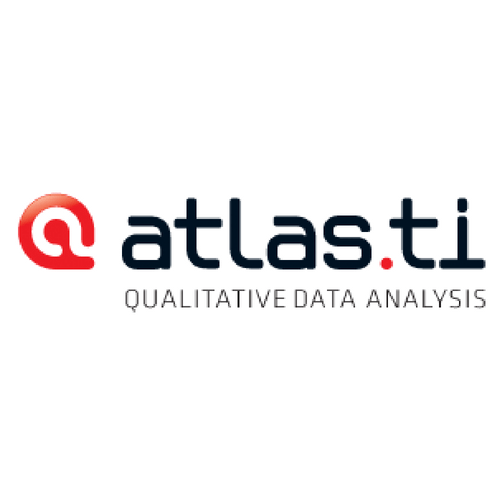

You should evaluate the accuracy of any output as appropriate for your use case, including by using human review of the output. Given the probabilistic nature of machine learning, the use of our services may in some situations result in incorrect output that does not accurately reflect real people, places, or facts. OpenAI is constantly working to improve their Services to make them more accurate, reliable, safe and beneficial. These techniques are backed by rigorous scientific research and testing, ensuring the models are highly accurate and reliable.Īrtificial intelligence and machine learning are rapidly evolving fields of study. OpenAI uses cutting-edge techniques such as reinforcement learning, deep learning, and transfer learning to train its models. This ensures they can understand and process text in a way consistent with human thinking patterns. The GPT models are designed to analyze text with high accuracy and have been trained using a large corpus of text created by humans. This means that the models have been trained using both human trainers and advanced machine-learning techniques to enhance their language capabilities. GPT is a generative pre-trained transformer (GPT) that has been fine-tuned on a massive scale, using supervised and reinforcement learning algorithms to improve performance. Here are some key facts about GPT by OpenAI: GPT models by OpenAI are highly advanced language models that have been designed to enable organizations and researchers to create innovative AI applications that are both safe and beneficial to humanity. OpenAI will forget your data after AI analysis.įor more information regarding privacy and GDPR compliance, please see our Licensing Conditions and Terms of Use (EULA) and Privacy Policy. This means your data will not be used for OpenAI model training. If you do not use AI Coding, none of your data will be uploaded to OpenAI.īefore starting AI Coding, ATLAS.ti will ask for your consent before uploading data to servers by ATLAS.ti, as well as OpenAI servers.ĪTLAS.ti has an opt-out agreement with OpenAI.
#Atlasti beta code
All codes used in AI Coding can be found in the code group ‘AI Codes’ so you can easily continue your research. It breaks down your text into paragraphs, creates quotations from those paragraphs, and automatically applies inductive codes to every quotation.Īfter analysis, AI Coding provides an intuitive interface to review the codes, add or remove codes, remove quotations, or rename codes. Our AI-driven assistance helps you by automatically analyzing your texts. It takes a long time, and you need to keep an alert eye.

AI Coding is optional you can always use our wide array of other tools 🧰Īnalyzing documents using inductive coding can be a daunting task.Focus on interpreting your data rather than spending weeks on work 🔍.Uncover insights and patterns that otherwise may have been missed 💎.Check the results at any time and simply refine codes and quotations 🎚️.Increase the accuracy of your results thanks to OpenAI’s model 🤖.
#Atlasti beta manual

Think of it as your personal research assistant: AI Coding Beta generates fully automated code proposals while allowing you to review and refine results quickly – ensuring 100% transparency and human supervision.
#Atlasti beta full
Maintain full control for optimized scientific accuracy This way, you can focus on the important things – analysis and interpretation of your data for better and faster insights. With AI Coding Beta, ATLAS.ti offers the first AI assistance to automatically perform open and descriptive coding for your text material, saving you enormous amounts of time and energy. Gone are the days of countless hours spent manually coding data. Get results in a fraction of the time compared to other software


 0 kommentar(er)
0 kommentar(er)
